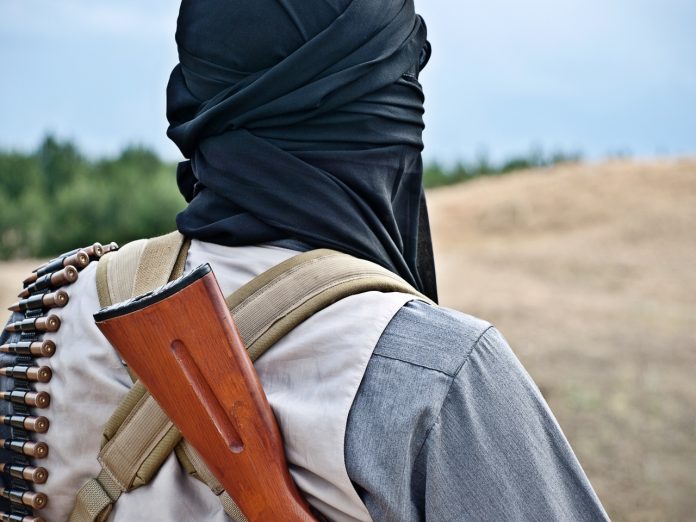04/28/2022 Nigeria (International Christian Concern) – On April 10, armed groups of radicalized Muslim Fulani herdsmen simultaneously attacked an estimated ten villages in Nigeria’s central Plateau state.
One hundred forty-two people were killed in the attacks, with an estimated 3,000 now displaced from their homes due to the violence. Of the nearly 70 people abducted, most were women and girls.
Survivors of the attacks stated that the militants arrived in large numbers riding on motorcycles just as people were preparing their farmlands for the rainy season. In addition to killing and abducting villagers, they burned down at least 100 homes, destroyed farmlands, looted barns, and stole livestock.
The extremists who perpetrated the attacks were described as riding three to a motorbike, consistent with descriptions of past Fulani attacks. Survivors of Fulani attacks in 2017 and 2019 described the militants riding on motorcycles carrying three people, one of whom drove as the other two would shoot towards the left and the right, respectively.
The targeted communities were settled by Christians and Muslims, and most of the victims of the attack seemed to be the Christian farmers in those communities.
The Fulani, who are majority Muslim, are the world’s largest nomadic ethnic group. While most Fulani live at peace with their neighbors, Militant Fulani, having been radicalized by extreme Islam, have emerged from their people group with Jihadist intent.
Last year, Nigeria earned the distinction of being the country with the world’s worst persecution in ICC’s Persecutor of the Year Awards. Radicalized and armed Islamist Fulani have killed tens of thousands of Christians and left more than three million homeless in a 20-year genocide against them.
“Christian communities in the Middle Belt of Nigeria have effectively suffered a twenty-yearlong genocide,” said ICC President Jeff King. Where is any action? The Nigerian government gives these attacks lip service without any meaningful response. “Where is the outcry? Where is effective action? In Nigeria, the military, the police, and the intelligence agencies are all controlled by Muslims. This, coupled with a twenty-year lack of response by these agencies, should naturally lead to deeper questioning by the world community.
Simply put, the time for cheap talk and platitudes is over. The world is waking up and asking, “Is the Nigerian government complicit in these attacks.” Time will tell, but for this long-time watcher, the decision is in.















